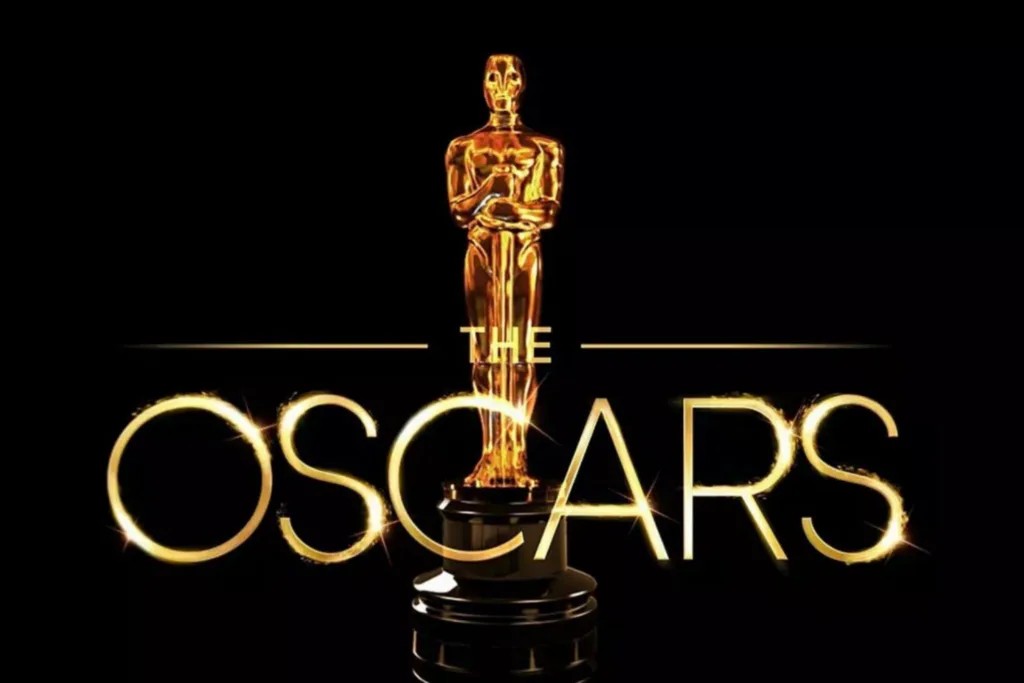In a groundbreaking move, the Academy of Motion Picture Arts and Sciences has announced that films incorporating artificial intelligence (AI) will now be eligible for top honors at the Oscars. This decision is pivotal in the evolving relationship between creativity and technology.
According to the Academy’s official statement, AI-generated content “neither helps nor harms” a film’s chances of receiving a nomination. While AI tools like ChatGPT or voice cloning software are now permissible, human involvement remains crucial in determining final awards.
What This Means for Filmmakers: New Oscar Eligibility Rules Explained
AI in the Creative Process
Generative AI — capable of producing scripts, visuals, audio, and even entire scenes from simple prompts — has already had a hand in several Oscar-recognized films. Notably:
- “The Brutalist” utilized AI to refine actor Adrian Brody’s Hungarian accent.
- “Emilia Perez”, a musical that took home multiple Oscars, employed voice cloning tech to perfect singing performances.
These innovations have opened new creative pathways but also raise concerns about authenticity and artistic credit.
Voting Changes for Academy Members
In addition to AI updates, the Academy now requires all voters to watch every nominated film in a category to participate in final-round voting. This move aims to ensure fair judgment and deeper engagement from the voting body.
The Growing Controversy Around AI in the Arts
Actors and Writers Raise Ethical Red Flags
The Hollywood community remains divided. During the 2023 strikes, performers and screenwriters voiced fears that studios could use AI to replace human jobs.
“If you can take my face, my body, and my voice and make me say or do something I had no choice about — that’s not a good thing,” actress Susan Sarandon said in an interview with BBC News.
The Writers Guild also flagged potential abuses, especially in areas like
- Script drafting using tools like OpenAI’s ChatGPT
- Research and character development
- Budget-driven automation of creative roles
The Case for Safeguards
Post-strike agreements between unions and studios have led to new safeguards around AI use. These rules aim to protect performers’ likenesses and ensure transparency in how generative tools are deployed.
Still, some big names, including Scarlett Johansson, have publicly warned about the misuse of their digital likenesses, adding urgency to the call for tighter controls.
Is AI Good Enough to Win an Oscar on Its Own? Not yet.
Despite its rapid rise, industry veterans believe AI can assist — but not replace — human storytelling.
Jonathan Kendrick, co-founder of streaming platform Rokit Flix, summed it up:
“It’s like having a bad writer help you. Sure, it’ll get an outline done. But if you need emotional weight, AI isn’t getting you an Oscar.”
Animators have echoed similar sentiments, telling the BBC that while AI can mimic certain styles, it falls short in delivering the nuance and artistry required for award-winning animation.
AI is Changing Hollywood — But Humans Still Lead
The Oscars’ inclusion of AI-assisted films signals a major shift in how storytelling is recognized and celebrated. As we move deeper into the digital age, the key will be balancing innovation with integrity — letting AI enhance creativity without replacing the soul of the artist.



